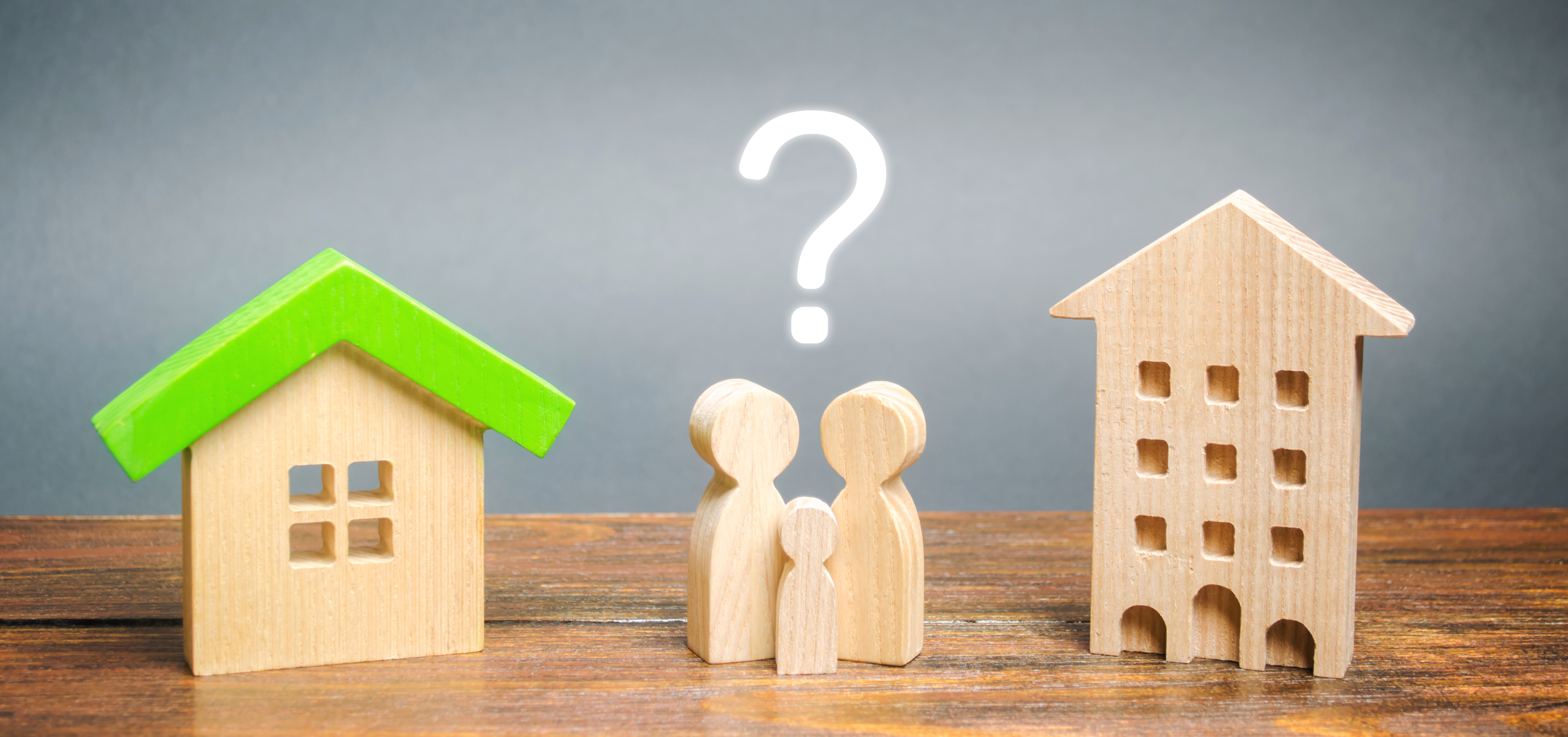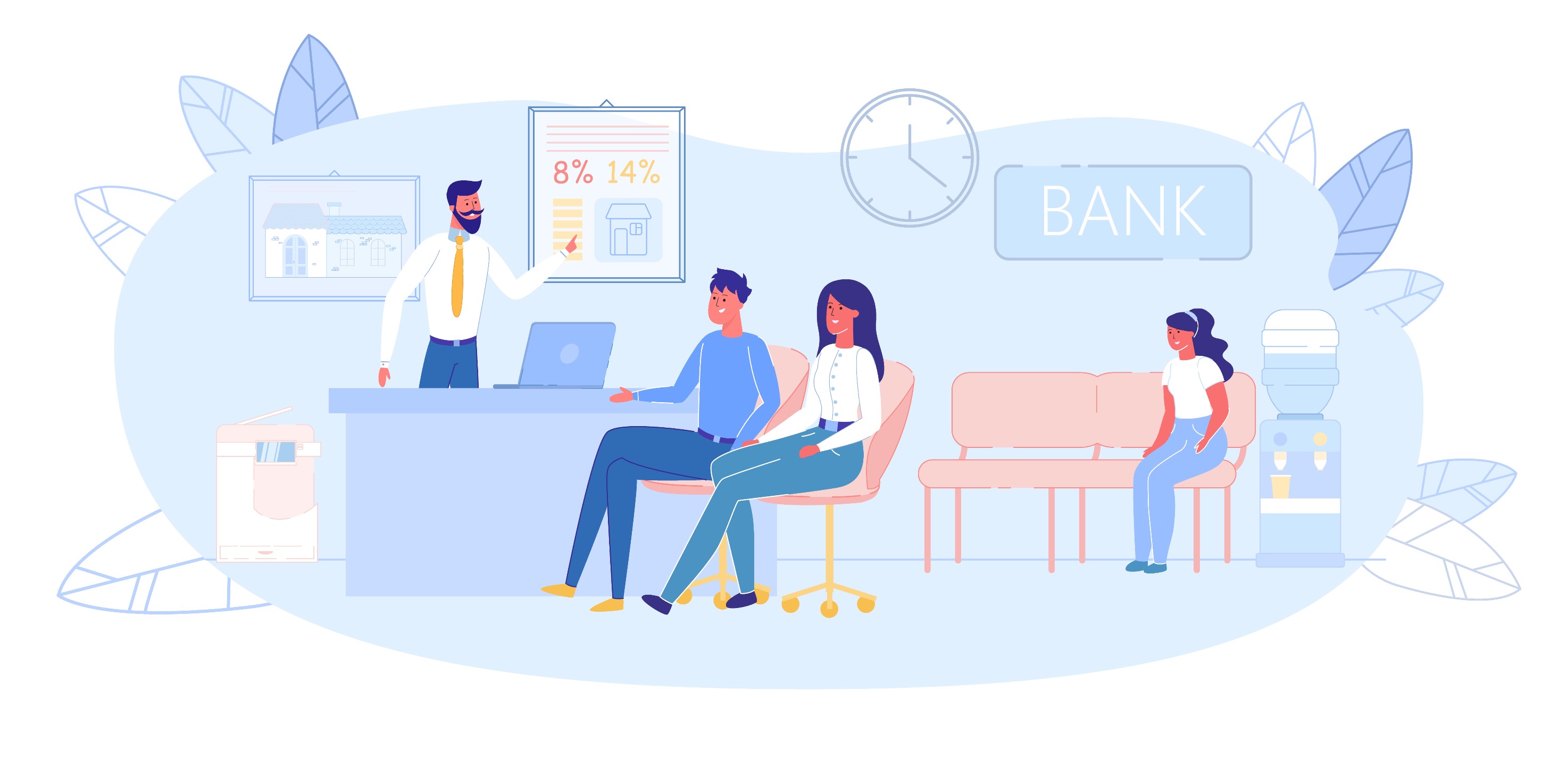- Home
- Buying A Home First Steps
- Advantages of Buying a Home
Advantages of Buying A Home
There are many advantages of buying a home, the real question is: Are those advantages actually advantageous for you?
And if so, is now the right time to buy? Are you able to deal with the downsides of buying a home?
Yes of course there are always downsides, and if you don’t see any you may not be looking hard enough. In this case, it is mostly financial, but none the less extremely important!
I am not here to sell you real estate, or mortgages. It would be easy to simply list the advantages of buying a home and call it a day. I have a strong preference for seeing life as close to reality as I can, and make the most prudent decisions I can based on the information I can gather.

Everyone has a different personal situation and risk level, and while there may be some universal benefits to owning a home, risk and value are mostly personal in nature. Let’s look at both sides of the coin shall we?
Page Overview - Advantages and Disadvantages
The advantages of buying a home are fairly straight forward and we will discuss each one quickly. For me, the main categories of advantages buying a home are: Financial; Personal; Community related.
Then we will talk about where the major concerns usually are or issues that might make that reality challenging. Disadvantages of buying a home fall in to 2 categories: Location and Financial.
Advantages of Buying a Home- Financial
- Equity: Equity is a kind of storage of value. Like a savings account, except you live in it. Basically as long as you keep up the maintenance, repairs and make improvements over time, the house will retain a certain value. You can use that store of value as leverage (for a loan), or cash out when you sell. Paying off a mortgage on a home as quickly as possible is the best way to build that type of equity.
- Appreciation: The financial industry will try to convince you that a home will go up in value over time, and they call this “appreciation”. At face value this will seem to be true - in actuality the home is really just holding its’ value against inflation. Either way you look at it, this is still a benefit.
- Tax: A home can reduce your income taxes in many jurisdictions. Governments in North America have incentivized borrowing by allowing interest payments to be deducted. In addition, expenses related to a home office are also deductible in many cases. This might start to change as governments look for new ways to collect funds, and may not continue to be as advantageous as it once was - time will tell.
Advantages of Buying a Home - Personal
- Emotional: People often dream of owning their own home because there is a personal sense of accomplishment or self satisfaction with having a place to call home, and the sense of stability of having a home base. All perfectly valid and the most likely reason you are even reading the words on this website! It is the same reasons my wife and I embarked on our own “Own The Door” journey!
- Customization: If you don’t own the property you live in you always have to ask the Landlord for either permission, or to have them make a change to the house. Conversely, if the Landlord elects to make some improvements, you will need to accommodate their schedule which may not be convenient. When you own the property, you have control over what you want to change, how much you want to spend, and when you want to do it. You can also convert part of the house to a separate apartment to make some money as a rental.
Advantages of Buying a Home - Community
- Neighbourhood: When you buy in an existing neighbourhood there is a tendency to be more committed or engaged in the area where you own (not always of course, but definitely more often than not). You will be able to make use of the local businesses, community associations, sports clubs, etc.. As a home owner other home owners will be more engaged to make connections because they know their time investment with another owner will likely be longer term.

Disadvantages of Buying a Home - Location, Location, Location!
One of the down sides of owning property is you can’t take it with you. It is simply not portable.
Why is that a downside you ask? Well, it may not be for most people, however, if there are persistent events in your neighbourhood which are out of your control then suddenly portability becomes an asset.
Having said that, it should then be said that it makes sense to put way more effort in to researching the areas or neighbourhoods where you are looking before you buy.
This will be important to make sure you can either avoid, mitigate, or accept the risks before they occur.
Here is are some to keep in mind:
- Natural Risks: Flooding, sink holes, tornadoes, hurricanes, and earthquakes. These are the main events which can cause a lot of damage and if they occur in your area, then you will need to do a lot more research - insurance may not cover these events in certain areas.
- Rising Crime: There are usually good signs that crime is a problem if you know what to look for - specific sports shoes tied to hydro wires, broken windows, etc. If you don’t know what to look for you can do an internet search based on “Crime Reports” and add your zip code/ postal code or target address or neighbourhood.
- Taxes: Some levels of governments and politicians like to take advantage of the fact you cannot relocate property and have a higher level of greed than other locations. Some municipalities will have a much higher property tax than others, even when they are less than 20 minutes away from each other. Some Counties, States or Provinces will also have more taxes or have a stronger hand in controlling property taxes (Land Transfer Taxes are an example). Some municipalities will also find lots of creative ways to charge fees for things which used to be part of the property taxes. While you can participate in the democratic processes, some communities are more pro-home-owners than others.
- Home Owner Associations: Some communities have shared common areas or facilities as part of Condominium or Cooperative type development. It is usually an elected Board which manages the common areas and a fee is collected from the owners in the community development. When managed well by engaged owners this is a positive cost effective aspect. However do as much research as you can on these Home Owners Associations (also called Condominium Corporations) because once you have bought in, a mismanaged community can be stressful and costly. Often the only way out is to sell.
Disadvantages of Buying A Home - Financial
By far the biggest risk to most home buyers is the ability to continue to pay for the ongoing expenses, including mortgage payments, utilities taxes and repairs. All these are not really optional, at least not for an extended period, and usually increase over time.
When these payments increase at a faster pace than your income(s), what once was a realized dream, can start to become more of a nightmare.
Here are some tips of situations to avoid:
- Mortgage Payments: Make sure the principle and interest payments do not exceed 35% of your gross income before taxes. Anymore and it may become difficult to endure unforeseen costs. (See the link below to "Can I Afford A House")
- Property Taxes: Research these for the areas that you are looking at buying in, this information is usually available and you can get an idea of what you will have to pay each year. They can vary greatly from one municipality to another so it can really pay to do some homework here.
- Utilities and repairs: The bigger the home or the older the home, the more it will cost to heat and cool. In addition, it will also cost more for maintenance and repairs. Pools and hot tubs also can add a significant cost to the yearly expenses!
** For more detailed information on the advantages of buying a home and avoiding the disadvantages, please check out these two pages here at Own-The-Door.com!:
- Have a look at the financial considerations on the Can I Afford A House page.
- Find out more about the costs of owning a home on the Cost of Owning a Home page.
HOME > Buying A Home First Steps > Advantages of Buying A Home (This page)